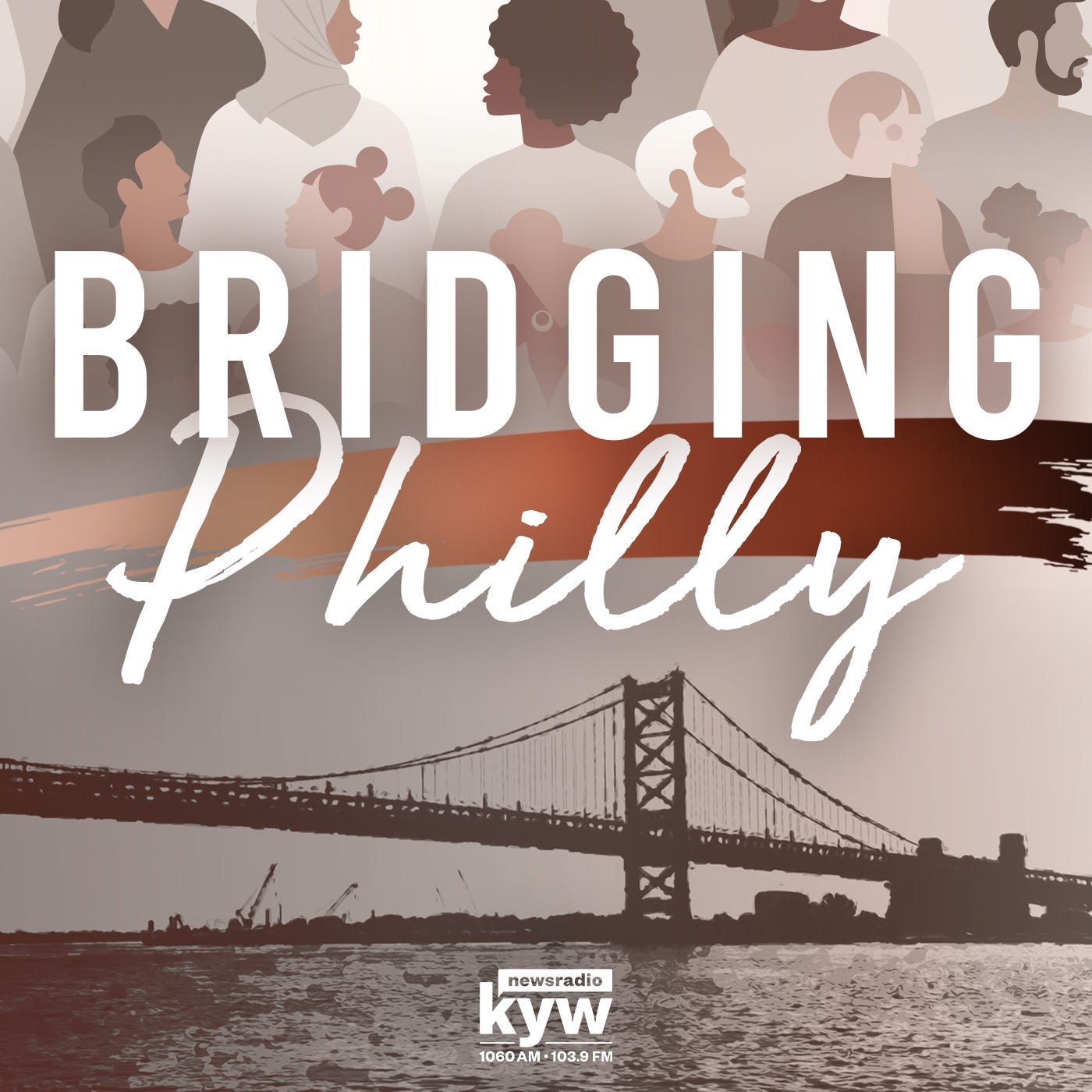PHILADELPHIA (KYW Newsradio) — Public art is being used in Philadelphia to address the issue of urban heat.
Several prominent Philadelphia organizations are partnering to bring attention to the importance of urban trees, through an art program called Heat Response.
"Heat Response is a two-year public art initiative where we look to understand and amplify the lived experiences of people who are really on the frontlines of the number one killer of climate change, which is urban heat," said Owen Franklin, Pennsylvania state director of the Trust for Public Land.
“We have partnered with a team of artists working in three different neighborhoods across Philadelphia, who are facilitating conversations with residents to understand how they experience urban heat and then using art to reflect that experience back to additional residents, to policymakers to budget managers, so that we all have more information that we need to craft effective solutions for addressing them.”
Julianne Schrader Ortega, the Pennsylvania Horticultural Society's chief of healthy neighborhoods, said the goal is to inform people about the importance of the city's tree canopy through public art.
"We're inviting other people in and welcoming people into these conversations and building connections with folks in ways that we may not be able to do through inviting people out to a tree planting a neighborhood," she said.
Linda Fernandez of Amber Art and Design is among the artists gathering information that will be presented through public art:
"One of the things that we learned through this process is that the practice of redlining has had a huge impact on how we live today in our city," she said.
As Franklin explained, it'll be up to the artists to get some important messages across.
"A neighborhood just a mile away from another one might have a difference of 15 degrees in temperature ... art can do that in a way that a data-heavy document might not," he said.
"Art provides a way to move people and to create emotional connections and shared connections and shared languages," added Kelly Schindler, with the Pew Center for Arts and Heritage. "Data and policy and other types of strategies might not work in the same way."
For more on community service through art, listen to Bridging Philly:


